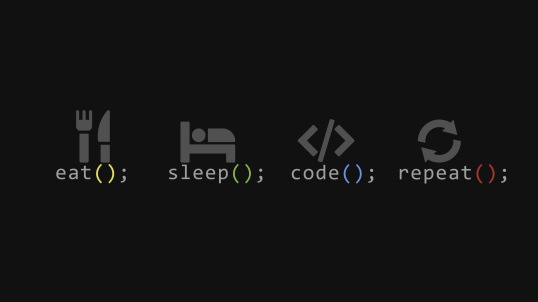About Binary Tree
이진 트리의 특징들
이진 트리의 가장 큰 특징은, 주어진 어떠한 노드의 차수라도 2를 넘지 않는다 라는 것이다.
이진 트리에서 우리는 왼쪽 서브트리 와 오른쪽 서브트리 를 구분하기는 하지만, 그들의 순서는 중요하지 않다.
이진 트리는 노드를 전혀 가지지 않을 수 도 있다.
이진 트리는 이처럼 트리와는 확실히 구별되는 다른 특징들이 있다.
Definition: A binary tree is a finite set of nodes that is either empty or consists of a root and two disjoint binary trees called the left subtree and the right subtree.
Skewed Tree
이 특이한 경우는, 트리가 왼쪽 혹은 오른쪽으로 치우쳐져 있는 경우이다.
Complete Binary Tree
이진트리가 좌 → 우 의 순서로 채워져 있는 이진 트리이다.
ADT of Binary Tree
BinTree Create(): create empty bt.
Boolean IsEmpty(bt): check wheter bt is empty
BinTree MakeBT(bt1, item, bt2): make bt root of which has item and left subtree is bt1, right subtree is bt2
BinTree Lchild(bt): return left subtree of bt else return error
BinTree Rchild(bt): return right subtree of bt else return error
element Data(bt): return root node of bt else return error
Properties of Binary Trees
Maximum number of nodes
- The maximum number of nodes on level i of a binary tree is 2^(i-1) i ≥ 1
- The maximum number of nodes on level i of a binary tree is 2^k -1 k ≥ 1
Relation between number of leaf nodes and nodes of degree 2
For any nonempty binary tree, T, if /iq is the number of leaf nodes and ^2 the number of nodes of degree 2, then = ^2 + 1.
Definition: A full binary tree of depth k is a binary tree of depth k having 2^ - 1 nodes, k>0.
Definition: A binary tree with n nodes and depth k is complete iff nodes correspond to
the nodes numbered from 1 to n in the full binary tree of depth k.
Binary Tree Representations
Array Representation
- parent is at [ *i / 2]* if i != 1 If i == 1, i is at the root and has no parent.
- left_child(i) is at 2i if 2i ≤ n. If 2I ≥ n, then i has no left child.
- right_child(i) is at 2i + 1 if 2i + 1 ≤ n. If 2i + 1 > n, then i has no right child.
Linked Representation
struct node* tree_pointer;
struct node {
int data;
tree_pointer left_child, right_child;
};
